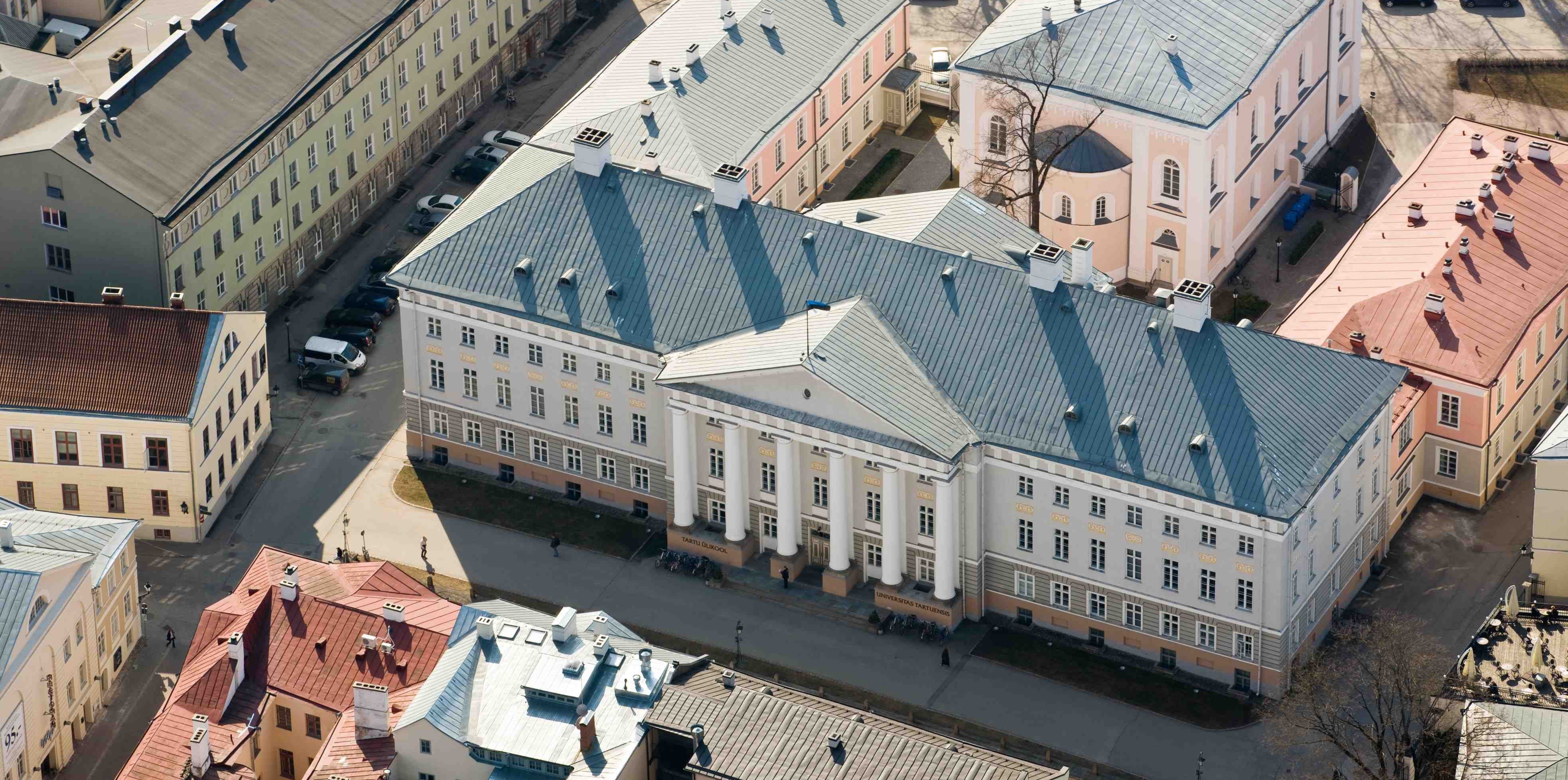This is a list of the most frequently asked questions when I first tell someone about my plans to study in Estonia. Most of it relates to my studies and plans, while the rest is to do with a country that most Americans don’t know a lot about.
Where are you going and for what?
I’m going to the University of Tartu in Tartu, Estonia for a Master of Arts in European Union – Russia Studies. The EU-Russia studies program is part of the Johan Skytte Political Institute of Political Studies. It is mainly a political science degree, although there is a lot of interdisciplinarity. Tartu is the second largest city in Estonia (after Tallinn) and is mainly known for the University, which is the largest and oldest in the country (est. 1632).
How long will you be in Estonia?
It’s a two-year program. I will graduate in summer of 2021. I am unsure yet if I will return home immediately or try to gain employment in the EU.
Why are you doing this and how did you end up picking Estonia?
I began considering graduate school abroad as a cost saving alternative to US programs. I was looking in places like Sweden and Norway, where most of my experience with Europe is concentrated. I slowly branched out to programs in other EU countries once I realized they all had similar higher education policies. In my basic research of international political science programs, I found this one and it fit my interests so perfectly that I had to apply. I had little confidence that I would be accepted, but fortunately I was proven wrong. I have no connection to Estonia, neither through ancestry nor acquaintance. But I have read a lot about Estonia, and like many of the other former Soviet Bloc countries it’s a happening place to be for young people and academics.
What is Estonia? Is it Russian? Is it Eastern European? Is it Nordic? Is it dangerous?

Estonia is a former USSR state and the northern-most Baltic state (above Latvia and Lithuania). Unlike some other former Eastern Bloc countries, Estonia quickly became a prosperous and democratic country after gaining independence. It is now a member of the EU and NATO. The language (Estonian) and most of the inhabitants would be considered “finno-urgic” which is like Finnish and Hungarian. They most closely identify with Finland. They also have a sizable Russian minority—a remnant from the Soviet years and the cavalier relocation policies. It is an interesting mix of both Northern European and Slavic culture. Despite their best efforts, they have not been made a member of the Nordic Council. It is a safe country with very little violent crime.
What kind of job can you get with that degree?
It will be government/political work with a focus on policy and foreign relations. I could be employed by a government agency, a political campaign/think-tank, or an NGO. Ideally.
Can I come visit?
Absolutely, consider this your open invitation! I cannot promise to host you in my student housing, but I would love to meet you in Tallinn (or even Tartu) if you are travelling in Europe. The reasons to come visit include: affordable food, drink, and housing and a beautifully preserved medieval old-town. I understand the Christmas market is one of the best in Europe. There are no direct flights from the US, but you can connect in just one flight in most European hubs. You can also take a 2 hour ferry from Helsinki.
If you are visiting somewhere else in Europe, let me know! I will be attempting to travel as much as I can, so I would love to meet up anywhere—schedule permitting.
What if I have more questions?
Contact me and ask! If I get any good ones I’ll “blog it.”
